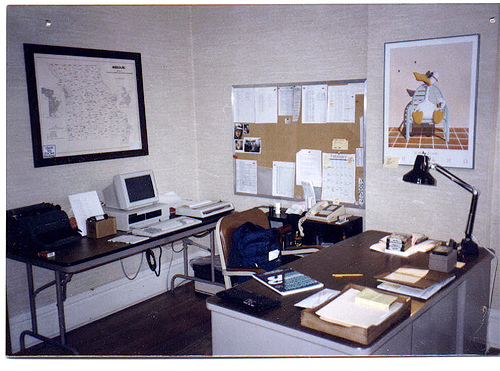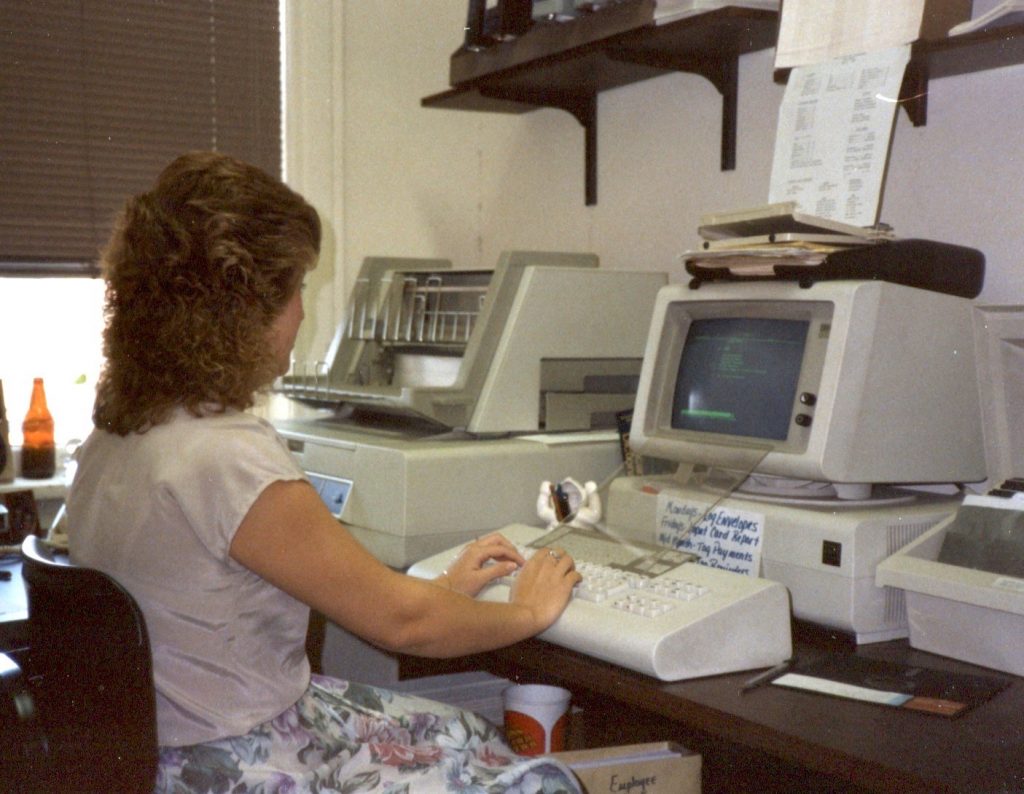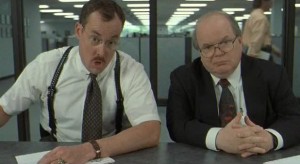That’s the bold question posed by Douglas Rushkoff. I know this is heresy for many, but as Kevin Kelly might suggest, this is “what technology wants.” A few snippets from the CNN op-ed:
I am afraid to even ask this, but since when is unemployment really a problem? I understand we all want paychecks — or at least money. We want food, shelter, clothing, and all the things that money buys us. But do we all really want jobs?
We’re living in an economy where productivity is no longer the goal, employment is. That’s because, on a very fundamental level, we have pretty much everything we need. America is productive enough that it could probably shelter, feed, educate, and even provide health care for its entire population with just a fraction of us actually working.
Our problem is not that we don’t have enough stuff — it’s that we don’t have enough ways for people to work and prove that they deserve this stuff.
The question we have to begin to ask ourselves is not how do we employ all the people who are rendered obsolete by technology, but how can we organize a society around something other than employment? Might the spirit of enterprise we currently associate with “career” be shifted to something entirely more collaborative, purposeful, and even meaningful?
We start by accepting that food and shelter are basic human rights. The work we do — the value we create — is for the rest of what we want: the stuff that makes life fun, meaningful, and purposeful.
This sort of work isn’t so much employment as it is creative activity. Unlike Industrial Age employment, digital production can be done from the home, independently, and even in a peer-to-peer fashion without going through big corporations.
I plan to eat right, exercise and live as long as I can because I can’t wait to see how this comes out.



